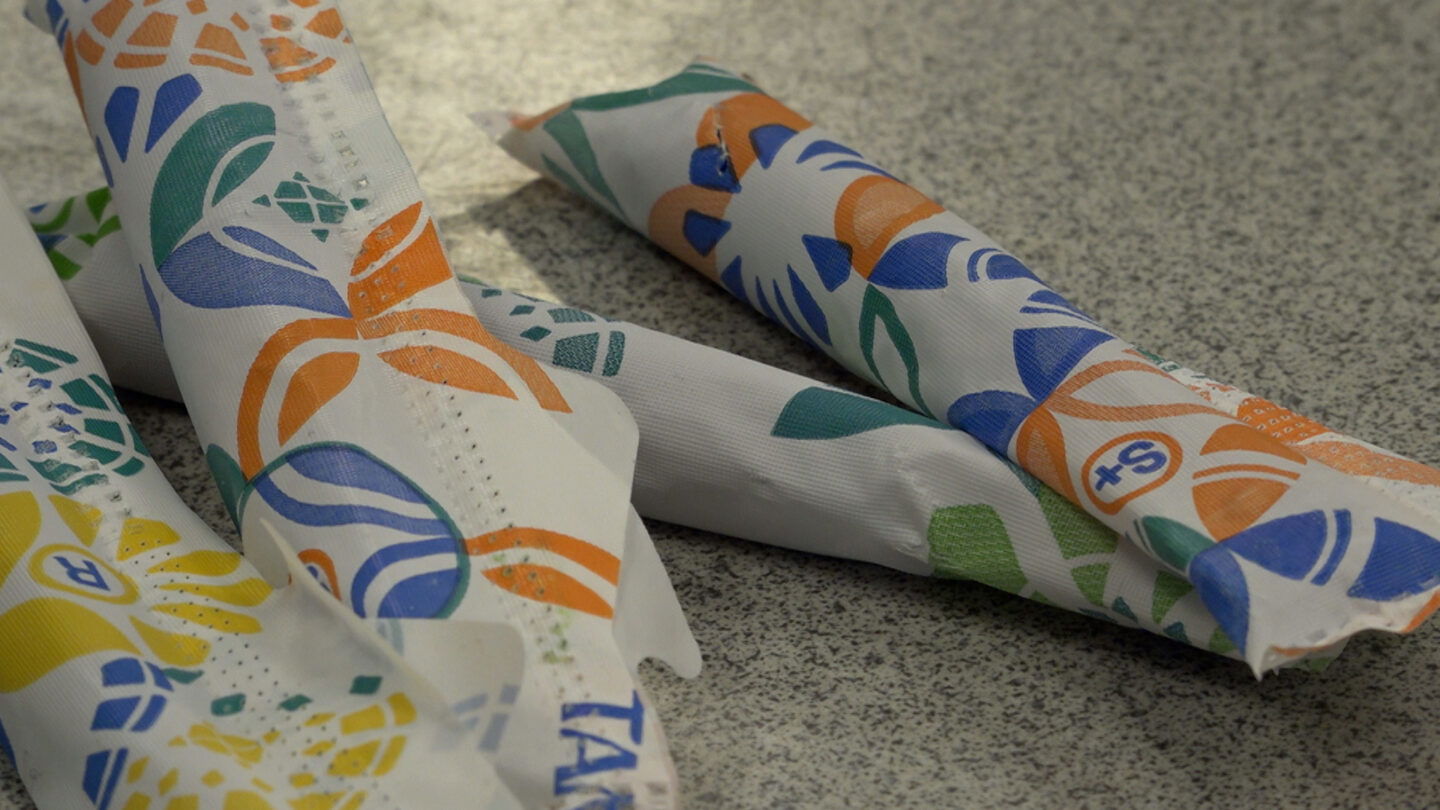Local health professional weighs in after study finds metals in tampons

By Leah Rainwater
A study from U.C. Berkeley recently found that 16 different metals were found in 30 types of tampons from 14 different brands, but one local health professional says more research needs to be done to determine the full extent of the risk.
This is the first study done to investigate the contaminants in tampons.
Research shows that 52%-86% of people who menstruate in the United States use tampons.
The results found in this study, published in Environment International, not only add to the worries of Toxic Shock Syndrome when using tampons but also the evaluations of what people really put into their bodies.
One nurse practitioner with the Stuber Health Center in St. Joseph said more studies need to be conducted.
“There’s no concern for alarm right now, it’s a new test, it’s a single study,” said Danyelle Kerns. “In order to validate it, it needs to have multiple studies.”
Although the study doesn’t name what brands were experimented upon, it does say that organic brands tested higher for arsenic compared to non-organic, which tested higher for lead.
The other metals found in tampons were: barium, calcium, cadmium, cobalt, chromium, copper, iron, mercury, manganese, nickel, selenium, strontium, vanadium and zinc.
The study says that metals can be detrimental to a number of different health concerns. They’ve been found to increase the risk of dementia, infertility, diabetes and cancer. They can damage the liver, kidneys and brain, as well as the cardiovascular, nervous and endocrine systems. In addition, metals can harm maternal health and fetal development.
“We all know that lead is toxic to the body,” Kerns said. “So it’s just dangerous and it can sit in the organs and affect the organs.”
Kerns stressed that there needs to be research done to support this first finding, and to not rush to throw out all of your tampons just yet.
“Although the study found the presence of toxic metals in tampons, future studies are necessary to asses whether metals can leech out of the tampons and be absorbed into the vaginal vault, so at this time, I cannot speculate a potential harm to the health of menstruators,” Kerns said.
For those concerned with tampons, other menstruation product options include pads and menstrual cups.



